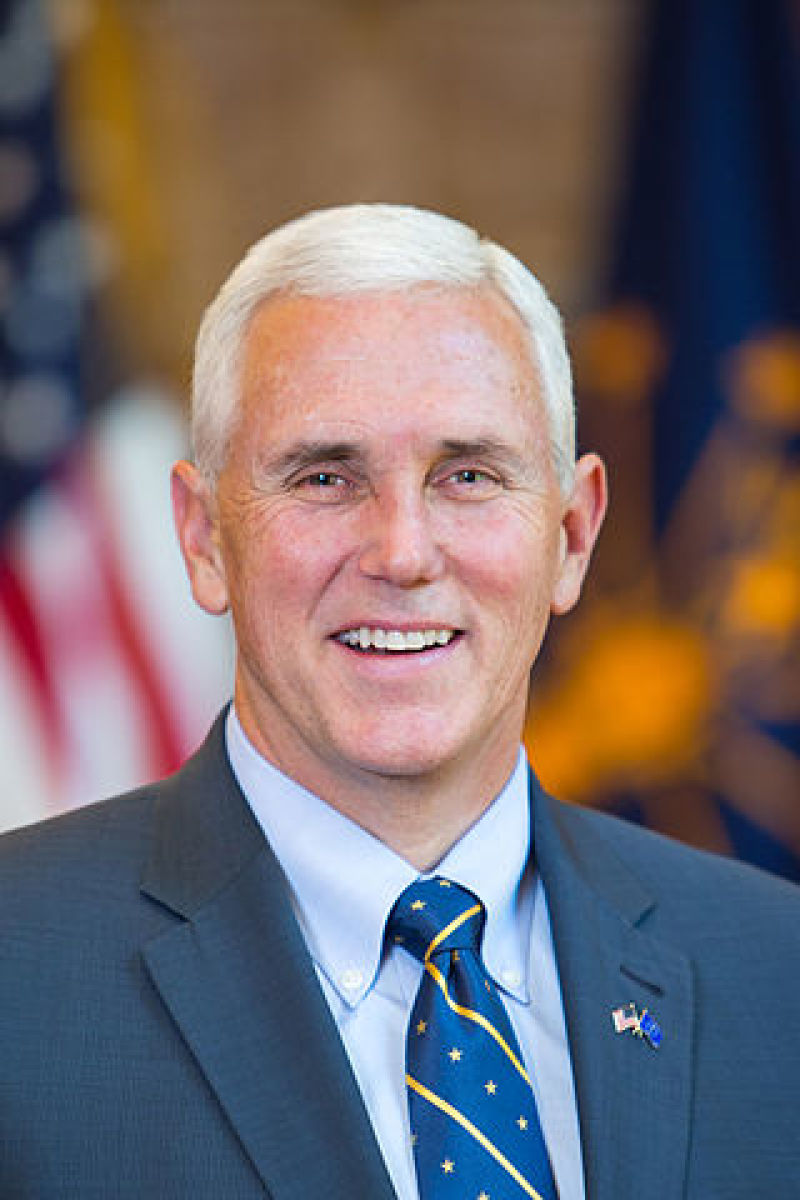

Indiana Governor Mike Pence.
Indiana Governor Mike Pence signed a bill on Thursday that bans abortion because of fetal abnormalities such as Down syndrome, or on the basis of fetus' sex or race.
"I believe that a society can be judged by how it deals with its most vulnerable-the aged, the infirm, the disabled and the unborn. HEA 1337 will ensure the dignified final treatment of the unborn and prohibits abortions that are based only on the unborn child's sex, race, color, national origin, ancestry, or disability, including Down syndrome," Pence said in an official statement.
Indiana became the second state to forbid abortions for the reason of fetal anomalies after North Dakota. At present, seven other states have banned feticide based on sex, while Arizona has banned abortions because of race, says Guttmacher Institute.
"Some of my most precious moments as Governor have been with families of children with disabilities, especially those raising children with Down syndrome. These Hoosiers never fail to inspire me with their compassion and these special children never fail to move me with their love and joy," Governor's statement read.
The Midwestern state will also become the first state to require burying or cremating the fetal remains. Also, the patients will be informed by the doctors about perinatal hospice care.
Some of the Republicans opposed the bill, including Cindy Kirchhofer (R-Beech Grove), who said the bill went too far, and needs consultation with the constituents.
"I feel this is government overreaching," Kirchhofer was quoted as saying by the Indianapolis Star newspaper.
Planned Parenthood of Indiana and Kentucky said it would bring the bill to court.
"It is fraught with unintended consequences that will prove dangerous to women. PPINK is now working with the ACLU of Indiana to seek judicial review and fully expects to file a complaint and request for preliminary injunction," the group said.
Mike Fichter, CEO of Indiana Right to Life, welcomed state's decision to implement ban on abortion of Down syndrome babies.
"We are pleased that our state values life no matter an individual's potential disability, gender or race," he stated.
Chief Executive of American Congress of Obstetricians and Gynecologists, Hal Lawrence, said the organization will oppose the law. According to her, such a law will encourage patients to hide information from their doctors, seek out-of-state abortions, and then to skip post-abortive follow-up care from their state physicians.
"She shouldn't be under legal duress when she came back to where she lived," Lawrence told The Washington Post. "Patients need postpartum or postoperative care. They need to be counseled for contraception. Discouraging that is highly destructive."
However, Christina Francis, an obstetrician-gynecologist in Indiana, said the law will bolster relationships between her and her patients.
"Too often, women learn their baby has Down syndrome and the first thing their physician tells them about is abortion," she told the Washington Post. "To my patients, I'd say, 'Yes, this is not what we were expecting -- everyone wants to have a healthy child -- but now, you know what? That child still has potential for a significant life."



















